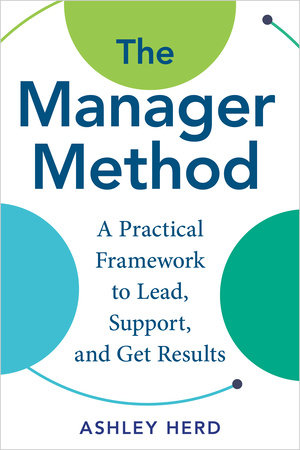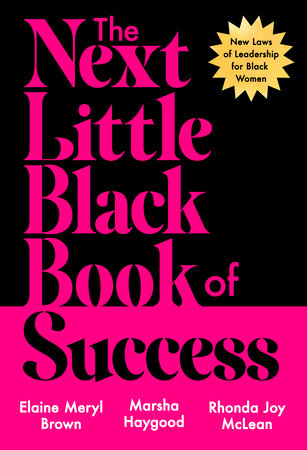“When we look to great leaders as role models, we often don’t look far enough back in the past. Julius Caesar was one of the most influential leaders in history, and Barlag shares timeless lessons that today’s leaders can use to build trust and drive change.”
—Adam Grant, Professor of Management, The Wharton School, and New York Times bestselling author of Originals and Give and Take
“Phillip Barlag captures in a creative way key leadership skills that transcend the passage of time. Caesar’s success was not accidental—it was grounded in some firm principles.”
—Paul Polman, CEO, Unilever
“The Leadership Genius of Julius Caesar is an innovative and engaging read for all leaders. While drawing on events and people from the ancient world, the lessons and storytelling are relevant and timely now. Whether political, military, or business, any leader responsible for moving an organization forward—in times of prosperity or crisis—can benefit from its insight.”
—Jaap de Hoop Scheffer, 11th Secretary General, NATO
“Even as times change and technology progresses, the continual quest for enhancing our abilities remains the same. In The Leadership Genius of Julius Caesar, Phillip Barlag highlights the lessons and insights from Caesar’s life and career to illuminate the qualities needed to guide any team toward greater loyalty, camaraderie, and success.”
—Keith Ferrazzi, author of the #1 New York Times bestsellers Who’s Got Your Back and Never Eat Alone
Biz Books
12/04/16
BY
Jim Pawlak
“The Leadership Genius of Julius Caesar – Modern Lessons from the Man Who Built an Empire” by Phillip Barlag (Berret-Koehler Publishers, $24.95). Most books written about Caesar were written by historians and focused on his accomplishments. Barlag delves into the ‘how’ of the accomplishments by identifying his leadership skills – many of which are topics of today’s business books.
The major leadership lesson: Caesar used power, not force, to lead. He understood that power comes from the ability to motivate others by focusing on a common goal. In wartime, he lived that goal by marching beside his troops, eating in their mess hall and listening to their feedback, and talk of what they planned to do when the campaign ended. He called his troops ‘comrades’ to remind them that he was one of them. They chose to follow him because they respected him and trusted him to keep his word.
At the Battle of Munda, his army was tired and wanted to rest before engaging the enemy again. Caesar drew his sword and raced up the hill alone – but not for long. His troops saw he was ‘leading from the front,’ and raced after him. Putting his life on the line showed his commitment to victory. Leading from the front becomes critically important when tough decisions have to be made.
In times of peace, Caesar worked ‘across the aisle’ and reminded political opponents that they were citizens of Rome and owed a responsibility to all Romans. He spoke of mutual benefit. This increased their interest in working with him.
We all know how it ended. His opponents became jealous as Caesar’s popularity and power grew. They feared that, as emperor, he would resort to force to rule. They clearly didn’t understand the man’s motivation.














